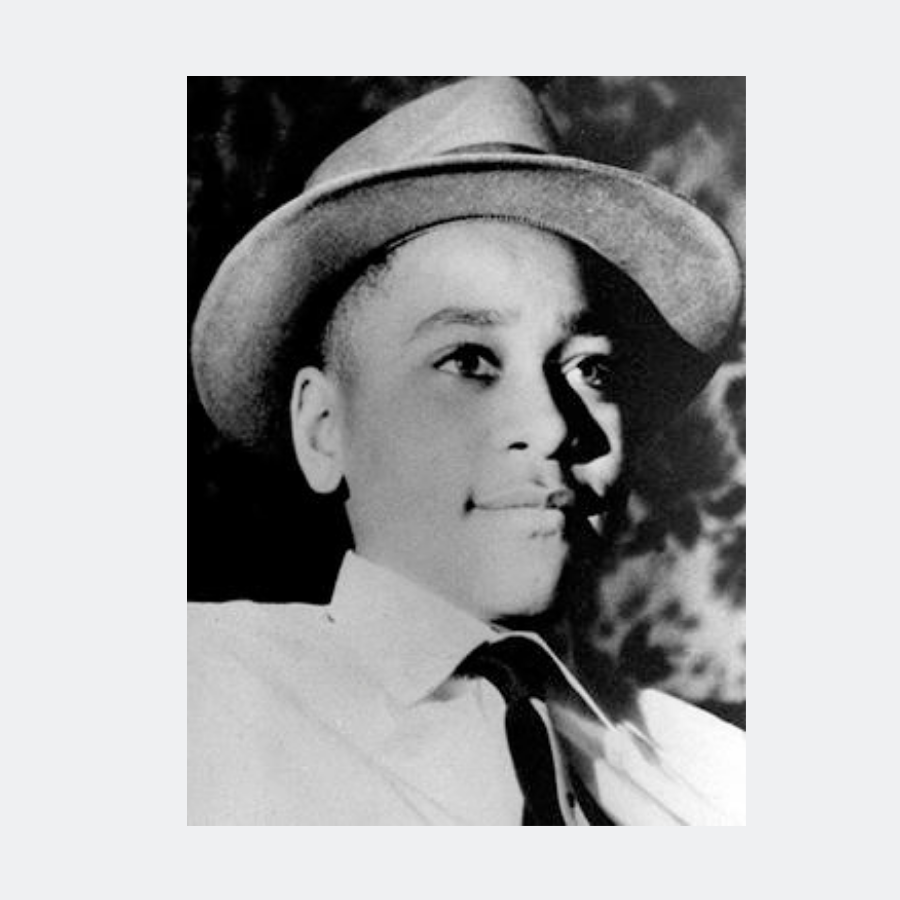Carolyn Bryant Donham died last week at age 88 in Louisiana, where she had been undergoing end-of-life care for cancer. That’s the news peg.
For the unaware: In 1955, Donham falsely accused a 14-year-old Emmett Till of grabbing and sexually harassing her in Money, Mississippi. The accusation spelled a death sentence. Donham’s husband and brother-in-law later abducted Till, who they fatally beat and shot. The pair then used barbed wire to tie his neck to a cotton gin fan they then threw into a river.
Donham, et al. never faced any substantial repercussions for their actions. And certainly death doesn’t clear the slate of someone like Donham, who died believing she was the victim. This was made evident by her 2008 memoir, entitled I Am More Than a Wolf Whistle, which was leaked years before her death.
Till’s mother, Mamie Till-Mobley, had been dead for 14 years before Donham admitted to lying about the circumstances that led to Till’s death. Donham made the admission to Blood of Emmett Till author Timothy Tyson, who also told media that her confession was sparked by the death of her own son, which made her feel sympathy for Till-Mobley.
But Donham’s sympathy is ill-placed because it centers her own feelings and loss over Till-Mobley’s. Essentially, her white tears, shed decades later, superseded her actions, which directly resulted in a Black child’s murder. It cannot be stressed enough that Donham had years to come clean and offer reparations to Till’s family, and she only did so when it became clear she wouldn’t be criminally charged or face any real consequences. She prioritized her safety.
I’d posit that Donham did not have to make the impossible decision to have a public, open-casket funeral for her son so that his murder could be publicized. I’d posit that she didn’t have to read a magazine article in which two men admitted to killing her child after being acquitted by an all-white jury. And I’d certainly posit that Donham didn’t die wondering whether her son would ever get some semblance of justice.
So, no, grace or forgiveness shouldn’t be offered to someone—alive or dead—that willfully refused to recognize the impact of their harm and made no effort to amend for said harm.
The takeaway for this one is brief and short: Mourn what happened to Till and how he was deprived of his adolescence and dignity. Enough tears have been shed for Donham.
Suggested Reading:
- A Few Days Full of Trouble: Revelations on the Journey to Justice for My Cousin and Best Friend, Emmett Till by Reverend Wheeler Parker Jr.
- Death of Innocence: The Story of the Hate Crime That Changed America by Mamie Till-Mobley
- The Blood of Emmett Till by Timothy Tyson


![This April we're diving into Muslim voices with some pretty incredible titles✨️
This members will also receive a sticker from @marhabaprints! Marhaba Prints is a South Asian and Islamic inspired online stationary store selling greeting cards, notepads, stickers, and more, that aims to be a bridge between Pakistani heritage, Islamic teachings, and Canadian culture.
As always we'll be discussing these titles in our online community! Join by April 9th to get one of these titles in your mailbox!
Learn more by heading to the link in our bio!
[alt text: three slides showcasing six books including: Hijab Butch Blue by Lamya H, All My Rage by Sabaa Tahir, Read Dangerously by Azar Nafisi, Read This to Get Smarter by Blair Imani, We Hunt the Flame by Hafsah Faizal, and You Exist Too Much by Zaina Arafat.]](https://www.feministbookclub.com/wp-content/plugins/instagram-feed/img/placeholder.png)